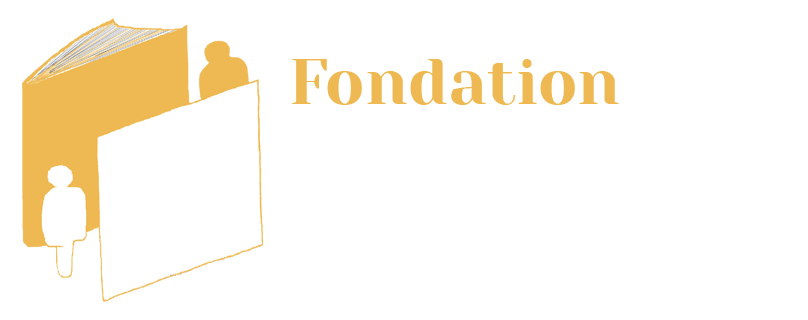Ernest Ginsburger
Chief Rabbi of Belgium (1924-1931), historian.A former student of the École rabbinique de France and holder of a bachelor's degree in law, Ernest Ginsburger also studied at the École pratique des Hautes-Études at the Sorbonne. He was first director of religious instruction at the Consistoire de Paris and then became Chief Rabbi of Geneva in 1908, a position he held until 1923. Although he was released from all military obligations, Ernest Ginsburger volunteered as a Jewish chaplain in the 18th French Army Corps during the First World War. Among other decorations, he was awarded the Croix de Guerre for his courage in the face of the enemy, participated in the Œuvre de Secours aux Prisonniers français and founded the Œuvre israélite de Secours aux Prisonniers de Guerre. He was appointed to the Belgian Grand Rabbinate in May 1924. However, Ernest Ginsburger was forced to resign as head of the Jewish communities in Belgium in December 1929, before taking up the post in Bayonne, as Grand Rabbi of the Basses-Pyrénées and Landes departments. It was in the latter capacity that he negotiated with the Spanish Republican government to allow Jewish refugees from the Reich to find asylum in Republican-held areas of Spain. During the war he made a strong protest to the Vichy authorities against the desecration of the synagogue in Bayonne. He was arrested in March 1942, apparently after the discovery of anti-Nazi documents in the French embassy in Brussels. He was interned in the Compiègne camp, then deported in March 1943, and did not return from deportation.
During his stay in Geneva, Ernest Ginsburger was the representative of the Alliance Israélite Universelle and of the Joint Foreign Committee of the Jewish Board of Deputies and the Anglo-Jewish Association to the League of Nations and the International Labour Office, as well as an adviser to the Turkish delegation in Lausanne. A writer and historian, he wrote studies on the biblical manuscript of Leipzig, a history of the Jews of Frauenberg published in the Revue des Études Juives in 1903, a contribution to the history of the Jews of Alsace under the Terror, a history of the Jews of Carouge and Léman, and the translation into French of stories by Peretz and Chalom Asch. He also wrote Les Juifs de Belgique au XVIIIe siècle (Paris, 1932) and Le Comité de surveillance de Jean-Jacques Rousseau-Saint-Esprit les Bayonne (Paris, 1934), as well as a history of the Jews of Bayonne. His Albert I et le judaïsme belge (Paris, 1934) evokes his meeting with the sovereign. A contributor to the Revue de s Études Juives, the Univers Israélite, the Jüdisches Wochenblatt and the Israelitisches Wochenblatt, he was also a member of the Rabbinical Council of France.
Abstract from: Jean-Philippe Schreiber, Dictionnaire biographique des Juifs en Belgique. figures du judaïsme belge, XIXe-XXe siècles, De Boeck & Larcier, 2002, pp. 124-125.

